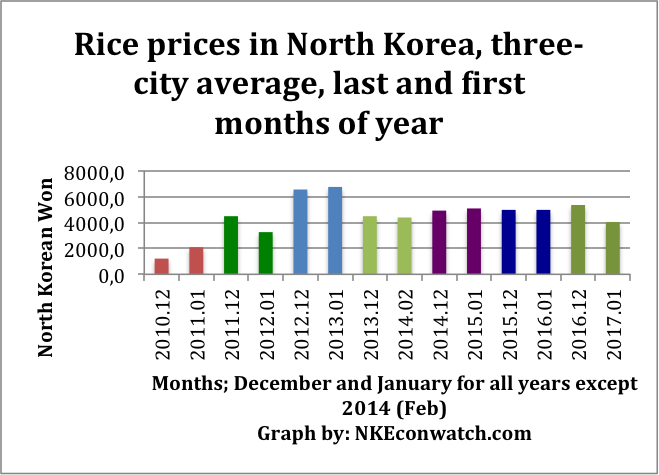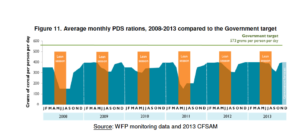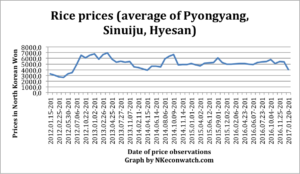By Benjamin Katzeff Silberstein
In yet another so-called “strong signal”, China’s commerce ministry said on Saturday it won’t be importing any more coal from North Korea for the rest of the year. Remember, that coal that was already basically supposed to not be imported after last year’s sanctions (save for that generating revenue for humanitarian purposes). And the imports of which was already supposed to be capped at a low monetary limit. And so on and so forth.
Of course, as a usual caveat this time could be different but whether or not this decision will be enforced, and how strictly, remains to be seen, to put it mildly. China has other concerns in its relationship with the Korean peninsula and North Korea than signalling its commitment to the international community. Moreover, as I have written before, there are many factors that impact Chinese imports of North Korean coal than central government decisions. Domestic demand is one, and has probably played a greater role than diplomatic considerations over the past few years.
Other than the missile launch, one could suspect this is also a signal against the killing of Kim Jong-nam, who lived under Chinese protection.
Yonhap:
China’s commerce ministry said Saturday it will suspend the import of North Korean coal, apparently in response to the latest provocations made by Pyongyang.
Beijing’s Ministry of Commerce said the decision, which comes into effect on Sunday, is in line with the United Nation’s sanction against North Korea. The suspension will be valid through Dec. 31, the ministry added.
“As coal takes up a significant portion of Pyongyang’s trade with China, the decision is anticipated to have a significant impact on North Korea,” an expert on China said.
Coal is estimated to take up 40 percent of North Korea’s exports to China.
China had banned imports of coal from North Korea in April last year, but had been making exceptions for those intended for household use, which led to criticism over the regulation’s effectiveness.
North Korea fired a new intermediate-range ballistic missile (IRBM) called the Pukguksong-2 on Sunday from an air base in the country’s northwestern province toward waters off its east coast.
Full article:
China suspends imports of N.Korean coal
Yonhap News
2017-02-18
(Update 02-19-2017): an analysis from Choson Exchange:
When the UN Security Council imposed the cap on coal trade, China was left with the question of how such a cap could be implemented. Would there be an auction system for quotas? Is it able to track forward contracts or does it only know belatedly the level of coal trade after import figures come out? This problem came to the fore last year when the Chinese were unable to meet their commitments regarding the import cap as they wrestled with these problems.
China has generally chosen to ensure adequate flexibility in the wording of UNSC sanctions to give it wiggle room, rather than outright violating those rulings. Allowing a coal cap to pass at the UNSC indicates their willingness to adhere to the ruling. In imposing a ban for 2017, China probably took into account rapidly rising coal prices and a probable rush by companies to frontload sales ahead of the cap to predict that the coal cap would be breached far earlier in the year. Rather than risk a violation of the coal cap limit, China is proactively clamping down on trade.
Domestic concerns might also play a part. China is restricting domestic production of coal. Between domestic producers and North Korean ones, China obviously prefers the former.
Full article:
Why China imposed a ban on North Korean coal imports
Choson Exchange blog
2017-02-19



